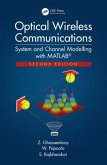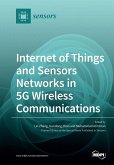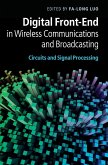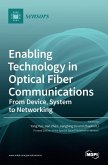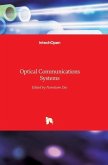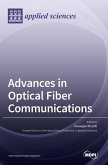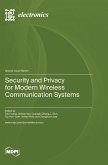Doctoral Thesis / Dissertation from the year 2023 in the subject Engineering, Indian Institute of Technology, Delhi, language: English, abstract: Over the recent few years, optical wireless communication (OWC) has attracted significant attention in both academia and the research community. Contrary to radio frequency (RF) systems, the spatial confinement of the optical beams makes the OWC system a potential system offering higher data rates and secured communication. OWC systems and applications in several areas, such as terrestrial outdoor (free-space optical (FSO) communication), indoor and outdoor visible light communication (VLC), etc. For the terrestrial outdoor FSO systems, spatial diversity techniques are employed over FSO links to enhance the diversity and overall performance. To this end, the spatial diversity techniques corresponding to the state-of-the-art are repetition coding (RC), transmit laser selection (TLS), and orthogonal space-time block codes. Note that, TLS is the optimal transmission scheme in the FSO systems. In this dissertation, we name the conventional TLS scheme as a single TLS (STLS) scheme. However, the performance of the conventional STLS scheme is highly dependent on the feedback errors. On the other side, the outdoor VLC finds applications in vehicle-to-vehicle (V2V) communications, infrastructure-to-vehicle (I2V) communications, etc. Emphasizing the state-of-the-art corresponding to the outdoor V2V-VLC systems, there is a lack of comprehensive modeling and performance investigation under the adverse challenges of the outdoor VLC environment. Moreover, to address the challenges of the next-generation-based outdoor intelligent transportation systems (ITSs), an indoor testbed design for an outdoor I2V-VLC system is still missing. In order to enhance the diversity and overall performance of the terrestrial outdoor FSO systems, the study begins by proposing two novel TLS schemes. We call the proposed schemes as two TLS (TTLS) and modified error-tolerant weighting scheme (METWS). Note that, the conventional STLS scheme gives optimal performance under a perfect feedback scenario. However, its performance degrades significantly under an imperfect feedback scenario. To this end, the two proposed schemes overcome the practical limitations of the conventional STLS scheme. Moreover, we analyze the performance of the two proposed schemes for both perfect and imperfect channel state information (CSI)-based communication scenarios. Further, different performance metrics, such as bit error rate (BER), diversity gain, etc., are thoroughly analyzed. Furthermore, to gain more insight
Hinweis: Dieser Artikel kann nur an eine deutsche Lieferadresse ausgeliefert werden.
Hinweis: Dieser Artikel kann nur an eine deutsche Lieferadresse ausgeliefert werden.


